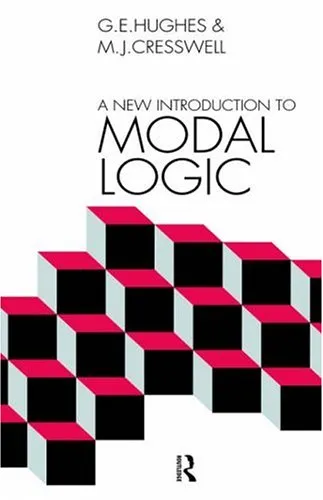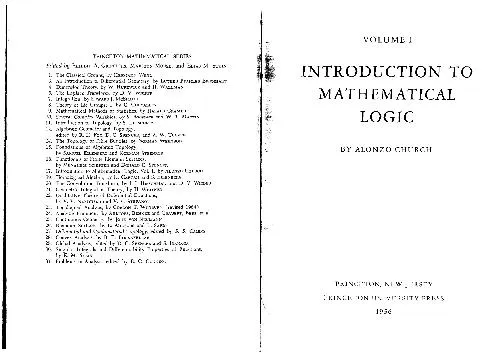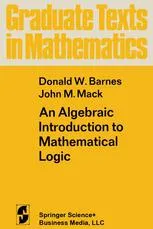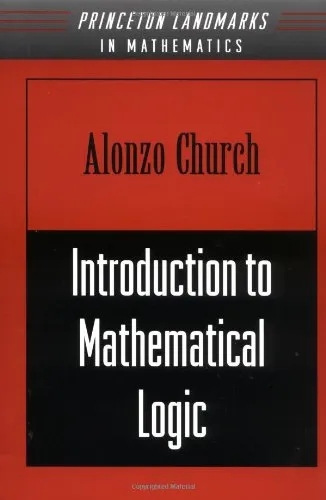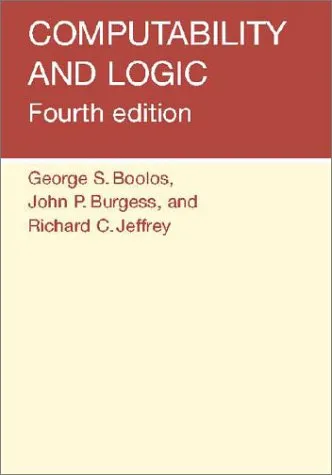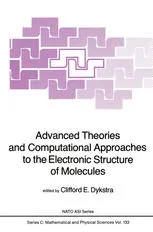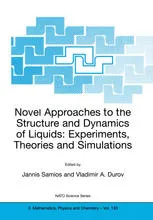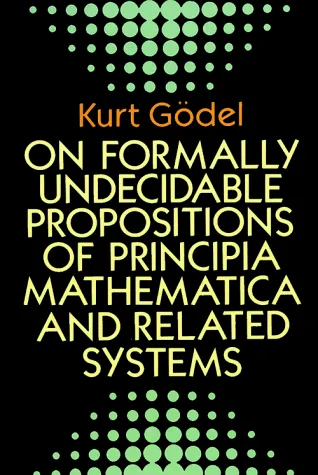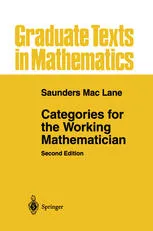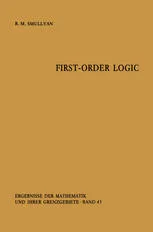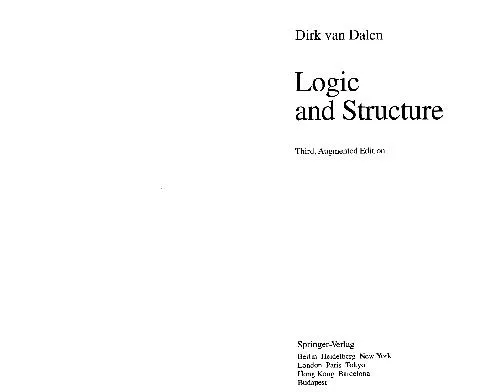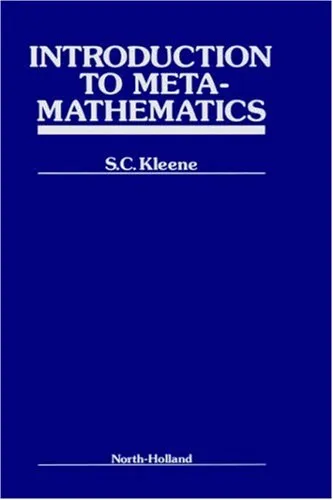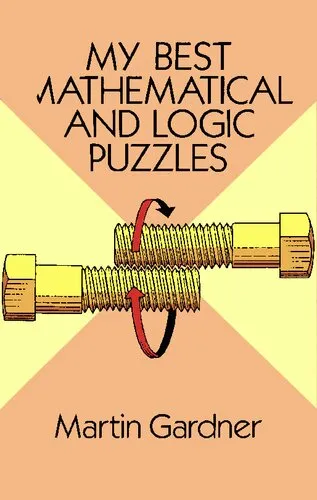A New Introduction to Modal Logic
4.5
Reviews from our users

You Can Ask your questions from this book's AI after Login
Each download or ask from book AI costs 2 points. To earn more free points, please visit the Points Guide Page and complete some valuable actions.Related Refrences:
Introduction to 'A New Introduction to Modal Logic'
Discover a comprehensive exploration of modal logic through the detailed lens of G.E. Hughes and M.J. Cresswell in their profound work, 'A New Introduction to Modal Logic'. Designed for both novice and experienced logicians, this book offers fresh insights into the complexities of modal reasoning, extending beyond traditional logic paradigms.
Detailed Summary of the Book
The book begins with an approachable introduction to the basic concepts of modal logic, which extends classical logic to include operators expressing modality. The authors delve into alethic, epistemic, deontic, and temporal logics, illustrating how each applies to different realms of philosophical and practical inquiry. Through clear explanations and illustrative examples, they explore Kripke semantics and its impact on truth claims within possible worlds. Subsequent chapters dissect various systems of modal logic, providing rigorous proofs and comprehensive exercises. By the end of the book, readers gain a contextual understanding of the philosophical implications and mathematical underpinnings inherent in modal systems.
The text is meticulously structured to offer sequential knowledge enhancement. Early sections lay foundational principles upon which increasingly intricate topics build, ensuring the reader is never left adrift in abstraction. Further, Hughes and Cresswell provide critical evaluation of alternative approaches to key modal concepts, fostering a deeper appreciation for the diversity and elegance of logical systems.
Key Takeaways
- Comprehensive coverage of basic to advanced modal logic concepts.
- Insightful discussion on the philosophical implications of various modal systems.
- Hands-on exercises designed to reinforce and expand understanding of theoretical constructs.
- Clear illustrations of Kripke semantics and its application in logical reasoning.
- Broad examination of modal systems, offering practical and theoretical perspectives.
Famous Quotes from the Book
"In the realm of philosophy and mathematics, modal logic provides a bridge to understanding the often unseen worlds of possibility and necessity."
"Exploring the semantics of possibility opens new vistas in not just logic, but our view of the universe."
Why This Book Matters
'A New Introduction to Modal Logic' holds significant value not only for its academic rigor but also for its ability to make complex systems accessible to a broader audience. Logic enthusiasts, philosophers, and computer scientists alike will find the text invaluable for its clarity and depth. The book’s approach to illustrating the relevance of modal logic across various disciplines enhances its importance in contemporary academic and professional landscapes.
The authors' thoughtful integration of practical exercises with theoretical knowledge ensures the reader can apply learned principles effectively, making it a critical tool for both personal and educational growth. Moreover, the book sets a benchmark for future explorations in modal reasoning, influencing how new systems might be conceived and understood in years to come.
In conclusion, Hughes and Cresswell’s 'A New Introduction to Modal Logic' continues to be a pivotal text for diving into the depths of logical universes, challenging thinkers to reconsider the potential within each modal framework explored.
Free Direct Download
You Can Download this book after Login
Accessing books through legal platforms and public libraries not only supports the rights of authors and publishers but also contributes to the sustainability of reading culture. Before downloading, please take a moment to consider these options.
Find this book on other platforms:
WorldCat helps you find books in libraries worldwide.
See ratings, reviews, and discussions on Goodreads.
Find and buy rare or used books on AbeBooks.
1453
بازدید4.5
امتیاز0
نظر98%
رضایتReviews:
4.5
Based on 0 users review
Questions & Answers
Ask questions about this book or help others by answering
No questions yet. Be the first to ask!
